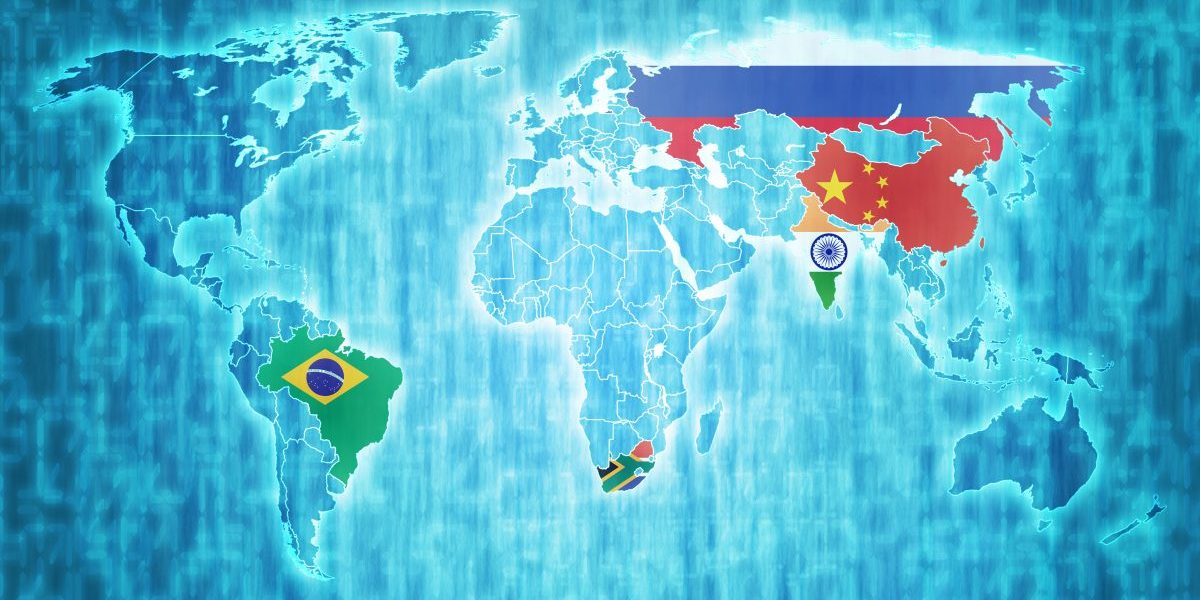The world is facing a turbulent and rapidly shifting global political environment. The invasion of Ukraine by Russia has overturned the post-Cold War European security order. The West has consolidated around NATO for now, while US-China rivalry has sharpened. China has been flexing its muscles in its region and is emerging as a second superpower. India’s economic power is also growing, and it recently became the world’s most populous nation. These geopolitical shifts have strengthened existing formations and given rise to new configurations.
A relatively rapid expansion will reshape the power balance and identity of the bloc. Expanding the BRICS membership could offer significant geopolitical opportunities for Russia and China, boosting the bloc’s influence and fostering improved coordination among more nations to counter Russia’s isolation and Western influence in global governance fora. In this context, it is critically important to understand how the BRICS democracies might respond to this expansion agenda and safeguard fundamental tenets.
The upcoming BRICS Summit in Johannesburg, South Africa from 22-24 August 2023 risks being overshadowed by the question of the attendance or not of President Vladimir Putin, and the quandary that would pose to South Africa, which would be legally obligated to arrest him on the International Criminal Court (ICC) charge. The Summit itself is likely to have a dual focus – on the BRICS expansion and posing alternatives to using the US dollar as the currency of international trade. These are areas that African civil society organisations need to be more informed about, as they seek to make their voices heard around BRICS-related issues.


